In a move long anticipated by his base, President Donald Trump signed an executive order on September 22, 2025, officially designating Antifa as a "domestic terrorist organization." This action, aimed at curbing what the administration calls organized political violence, revives debates on free speech, protest rights, and the boundaries of terrorism definitions in America. As midterms approach, this order could reshape law enforcement priorities and fuel partisan divides, all while testing the limits of executive power in addressing ideological extremism.
The Executive Order: Defining and Targeting Antifa
The order labels Antifa—a loosely affiliated network of anti-fascist activists—as a "militarist, anarchist enterprise" seeking to overthrow the U.S. government through violence. It cites coordinated riots, assaults on law enforcement, and suppression of political speech as evidence of terrorism. Trump directs federal agencies to investigate and dismantle Antifa operations, including those providing material support, using existing anti-terrorism laws.
Antifa's amorphous structure—no formal leadership or membership—complicates enforcement. Critics argue the vague language could ensnare peaceful protesters or journalists at events where violence erupts. The White House counters that Antifa's tactics, seen in Portland riots and elsewhere, justify the label, pointing to incidents like barricading federal buildings and arson attempts.
Historical Context: From Threats to Action
Trump first floated this idea in 2020 amid George Floyd protests, but legal hurdles—Antifa isn't a centralized group—delayed it. Congressional resolutions, like H.Res.26 in the 119th Congress, have echoed this sentiment, deeming Antifa's conduct as domestic terrorism. Recent events, including clashes in Europe and U.S. cities, have reignited calls for crackdowns.
Supporters view it as a necessary response to left-wing extremism, paralleling designations of far-right groups. Opponents, including civil liberties advocates, warn of chilling effects on dissent, noting the order's broad scope could target unrelated activism.
Legal and Political Ramifications: Enforcement Challenges and Partisan Fallout
Enforcing the order relies on statutes like the Patriot Act, but Antifa's decentralized nature poses challenges—prosecutors must prove individual ties to terrorist acts. It may empower tools like surveillance and asset freezes, but courts could strike it down if seen as viewpoint discrimination.
Politically, this bolsters Trump's "law and order" narrative, appealing to conservatives amid rising urban unrest. Democrats decry it as authoritarian, potentially escalating tensions. From a centrist perspective, balancing security with rights is key; libertarian ideals favor targeting actions, not ideologies.
As reactions pour in—from celebrations to concerns about hypocrisy toward right-wing groups—this order could define Trump's legacy on domestic security.
Is this a step toward safety or overreach? Weigh in below.

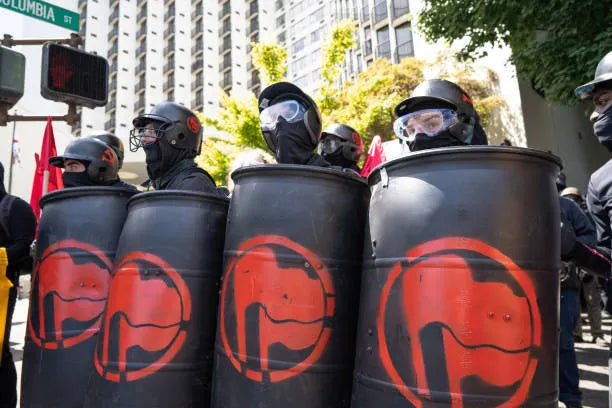




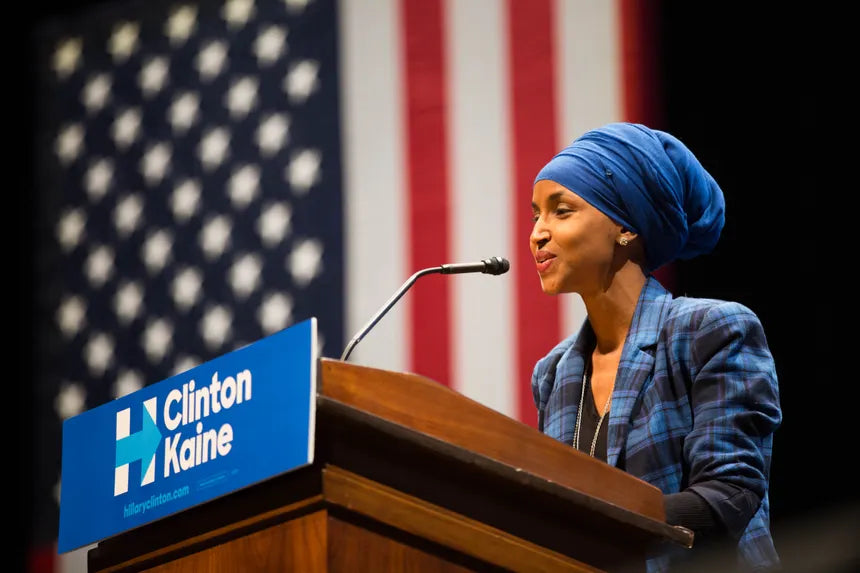

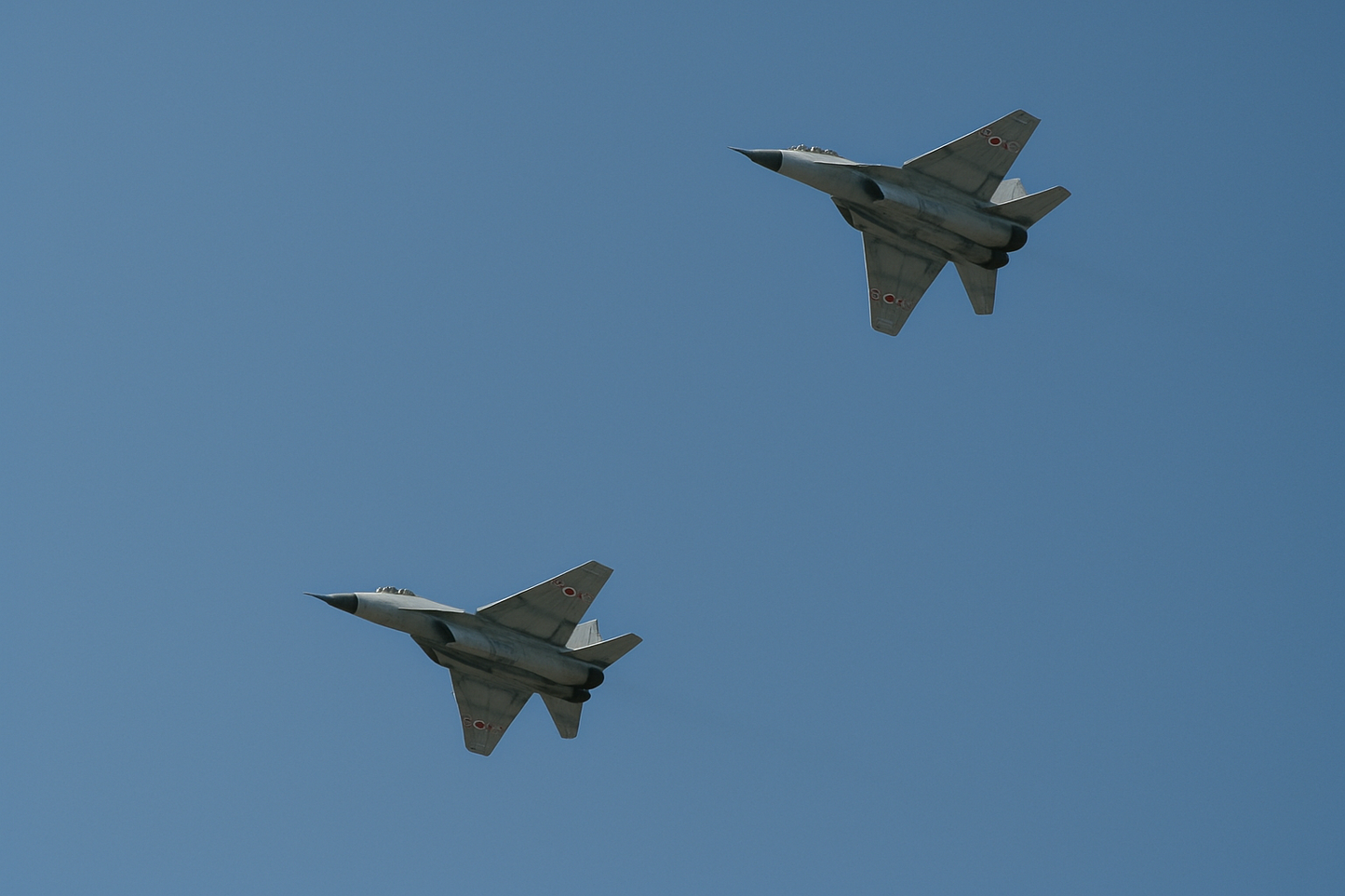
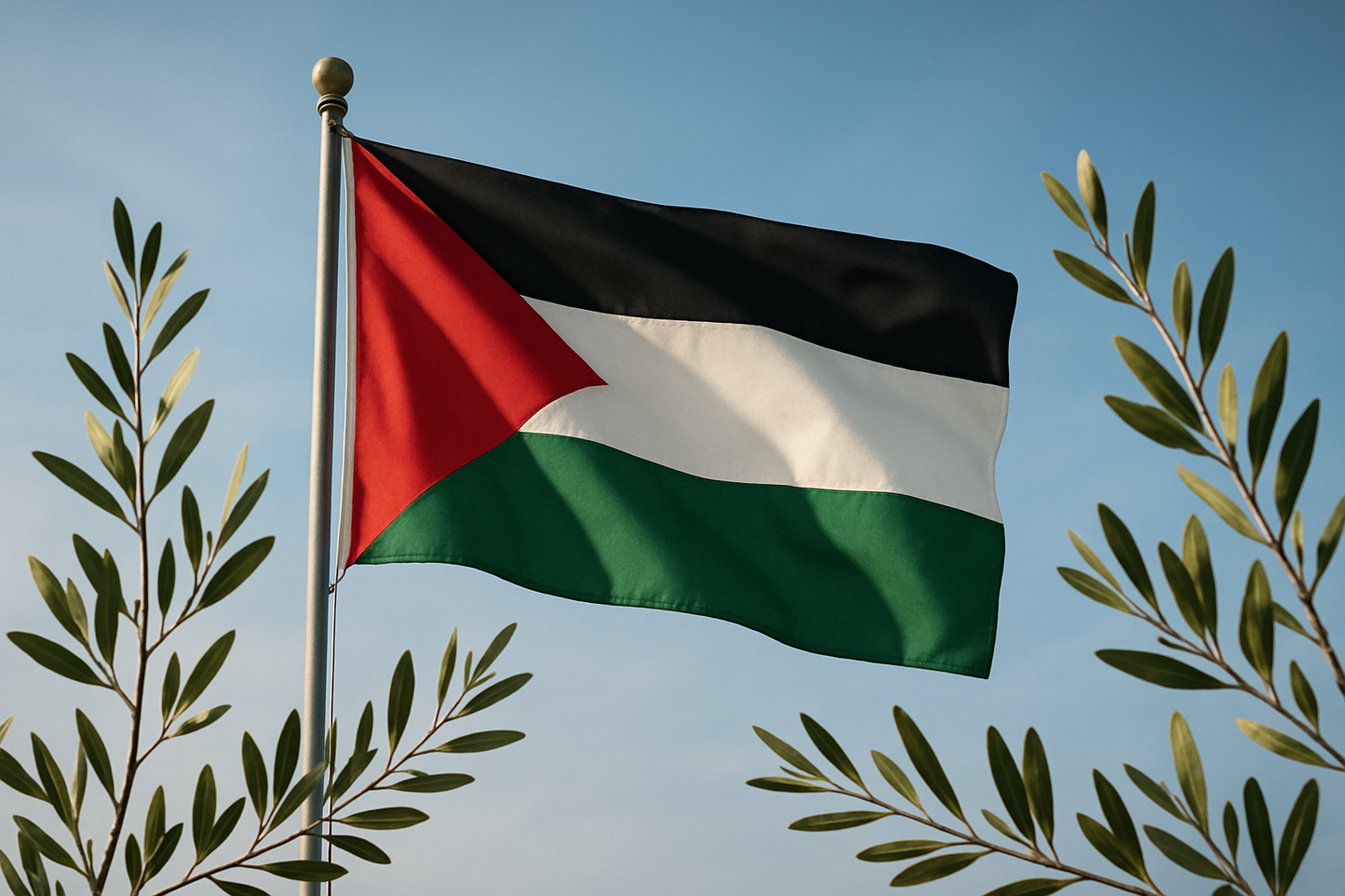
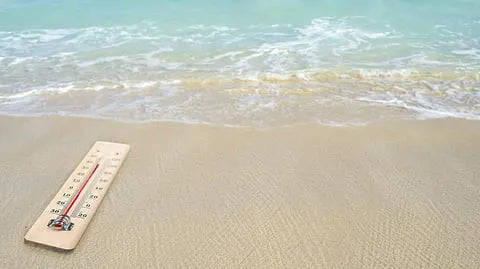
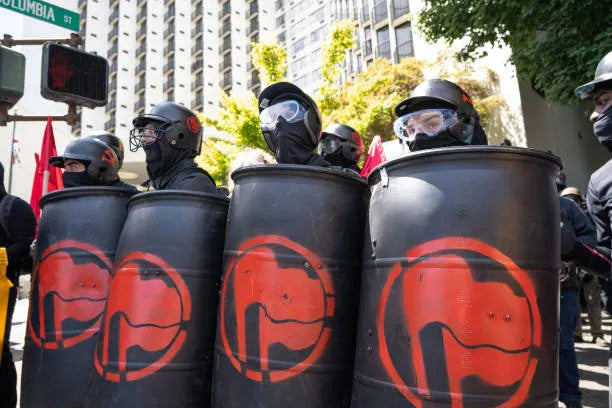


Leave a comment